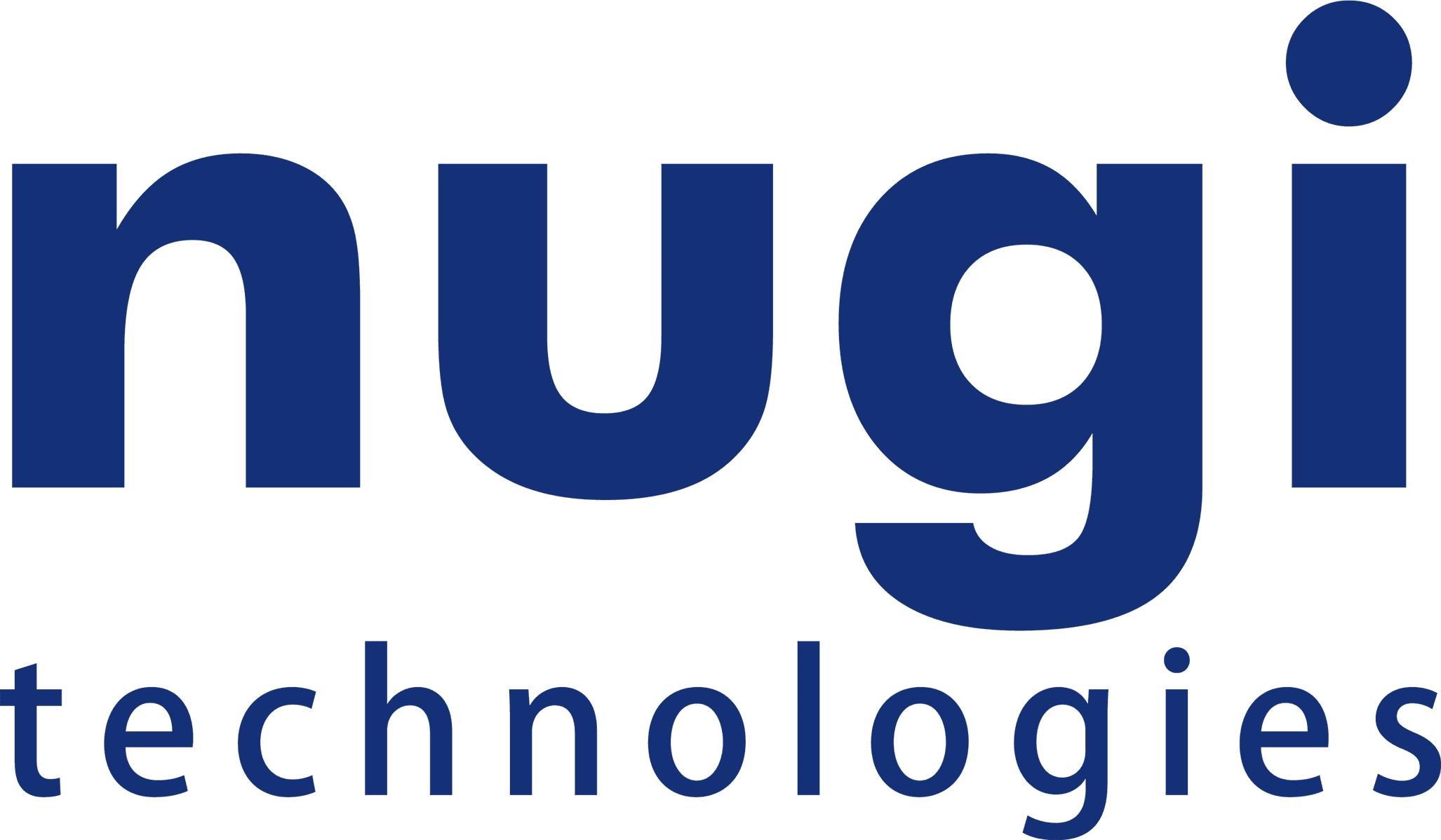Data analytics has changed the way businesses operate, providing a wealth of insights that inform strategic decisions and drive growth. By leveraging data analytics, businesses can gain a competitive edge, improve efficiency, and better understand their customers. In this post, we'll explore the various ways data analytics impacts business decision-making and why it's essential for modern enterprises.
Enhanced Decision Making
One of the most significant benefits of data analytics is its ability to enhance decision-making processes. With access to real-time data and comprehensive reports, businesses can make key decisions based on facts rather than intuition. This leads to more accurate predictions, better resource allocation, and more effective strategies.
For example, a retail company can analyze sales data to determine which products are most popular and when they sell best. This information allows the company to optimize inventory levels, plan marketing campaigns, and make pricing decisions that maximize profitability.
Improved Operational Efficiency
Data analytics helps businesses identify inefficiencies in their operations and find ways to streamline processes. By analyzing workflow data, companies can pinpoint bottlenecks and areas where resources are being wasted. This enables them to implement changes that improve productivity and reduce costs.
For instance, a manufacturing company can use data analytics to monitor equipment performance and predict maintenance needs. This proactive approach minimizes downtime and extends the lifespan of machinery, leading to significant cost savings.
Better Customer Understanding
Understanding customer behavior and preferences is crucial for any business. Data analytics provides detailed insights into customer interactions, purchase history, and feedback. This information can be used to create personalized marketing campaigns, improve customer service, and develop products that meet customer needs.
A telecommunications company, for example, can analyze customer data to identify patterns in service usage and predict which customers are likely to churn. By addressing these customers' needs proactively, the company can improve retention rates and enhance customer satisfaction.
Market Trend Analysis
Staying ahead of market trends is vital for business success. Data analytics enables companies to analyze industry data, track competitor performance, and identify emerging trends. This foresight allows businesses to adapt their strategies and remain competitive.
Consider a fashion retailer that uses data analytics to monitor social media trends and sales data. By identifying rising fashion trends early, the retailer can stock up on popular items and adjust marketing strategies to attract trend-conscious customers.
Risk Management
Data analytics plays a critical role in risk management by helping businesses identify potential risks and develop mitigation strategies. By analyzing historical data and identifying patterns, companies can predict future risks and take preventive measures.
For example, a financial institution can use data analytics to detect fraudulent transactions by analyzing transaction patterns and flagging unusual activities. This proactive approach reduces the risk of financial loss and enhances security.
Custom Reporting and Dashboards
Data analytics tools provide customized reporting and interactive dashboards that offer real-time insights into business performance. These tools allow decision-makers to visualize data in meaningful ways and track key performance indicators (KPIs) at a glance.
A logistics company, for instance, can use a dashboard to monitor delivery times, shipment volumes, and transportation costs. This visibility enables the company to optimize routes, manage expenses, and improve delivery efficiency.
Expert Consultation and Tailored Solutions
Partnering with a data analytics expert can help businesses maximize the value of their data. These experts provide tailored solutions that address specific business challenges and goals. They also offer ongoing support and guidance to ensure data analytics efforts remain effective.
By working with a data analytics partner, a healthcare provider can implement advanced analytics to improve patient care, optimize staffing levels, and manage operational costs more effectively.
Conclusion
Data analytics is a powerful tool that transforms raw data into actionable insights, driving informed decision-making and strategic planning. Businesses that harness the power of data analytics can enhance their operational efficiency, better understand their customers, stay ahead of market trends, and manage risks effectively. By investing in data analytics, companies can achieve significant competitive advantages and long-term success.
If you're ready to unlock the full potential of your business data, contact Nugi Technologies today. Our team of data experts is here to help you leverage data analytics to drive growth and efficiency in your organization.







